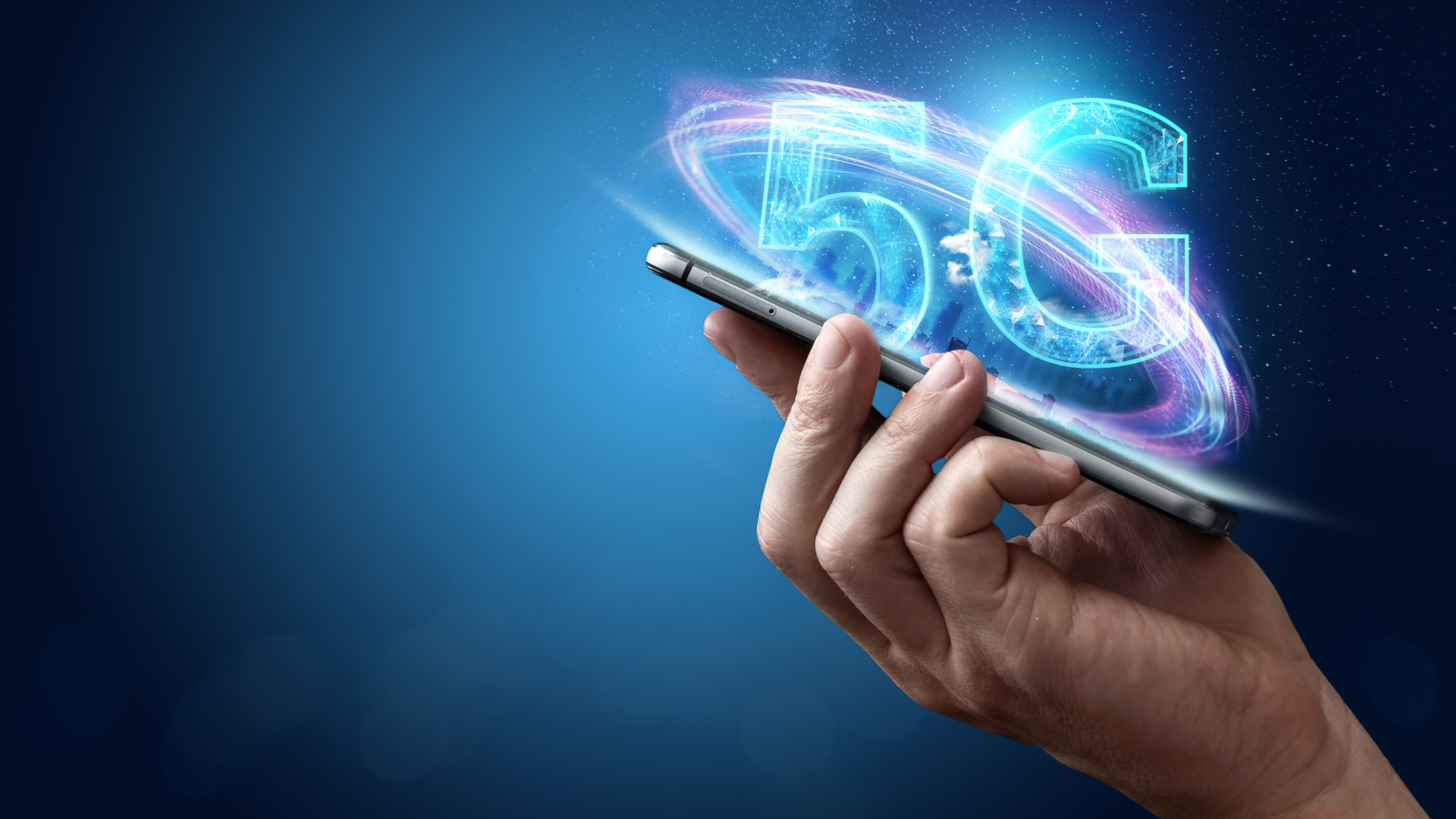What is 5G
First of all, this new global standard – which comes after 1G, 2G, 3G and 4G networks – is going to deliver unprecedented performance and efficiency in supporting not only cell phone services, but also the Internet of Things (IoT) applications. This means that everything and everyone will be more virtually connected, opening the doors to services that were just recently seen as ahead of our time.
The 5G technology is capable of delivering much faster connectivity speeds, enhanced capacity, very low latency, lower power consumption, and increased network reliability. All of these improvements lead to connected industries and better user experience. Furthermore, 5G will be the most secure network, creating a safer space for data transmission, which is especially important for uses in areas such as healthcare and finance.
5G mobile network: applications in different industries
Currently, 5G is already the fastest growing segment in the market of wireless network infrastructure and is expected to drive global growth in the next 10 to 15 years, fostering a wide range of industries.
As a first example, 5G will be able to deliver stable and reliable connectivity for end users even in crowded spaces. More interactive and immersive live and remote events, besides gaming and entertainment experiences with virtual, augmented and extended reality, are part of the 5G revolution.
Precision agriculture will take a step ahead with a wider sensor network and reliable connection that reaches even rural and remote locations. With real-time connectivity, farmers can have more data that result in more productivity and efficiency when growing and harvesting crops, and even have autonomous farming equipment.
In the automotive industry, connected vehicles will be able to reach another level, preventing road collisions, for instance. Some driving processes can also be automated to improve fuel efficiency and to increase the safety of the driver, the passengers and the people in their surroundings.
For the logistics sector, 5G can empower IoT connectivity, providing benefits such as real-time inventory and asset tracking, ultra-high-definition surveillance, and controllable robots for moving, stacking, and organising merchandise.
Manufacturing will also be getting closer to the future by harnessing 5g. Industrial automation applications that rely on wired networks will migrate to 5G wireless connectivity, resulting in more flexible and mobile robots, more efficient production lines, predictive maintenance, more security for data transmission and safer human-machine collaboration.
Health emergency services, remote medical surgeries, smarter electricity grids, good-delivery drones, immersive remote classes, and smarter workplaces and cities are some of the other examples of uses that the 5G mobile network will enable and improve. The list goes on and on. So, it is undeniable that this technology brings many advantages to businesses and society.
5g mobile network: The next steps for multinational corporations
Companies in different fields are already partnering with mobile operators and technology providers to accelerate 5G implementation and testing for innovative projects. Because it will be the most efficient network in terms of resources, 5G will contribute to reduce energy use, consequently decreasing the costs for businesses. Moreover, market predictions indicate that the new network standard will have a huge impact on the global economy in the next decade.
To be a part of this revolution and to make the most out of 5G, multinational corporations should put a strategy in place, considering their business processes, goals, culture and their role in the communities they participate and influence. If these organisations do not plan and act quickly, they risk losing business opportunities, market share to competitors, and the chance of leading their industries in driving innovation.








